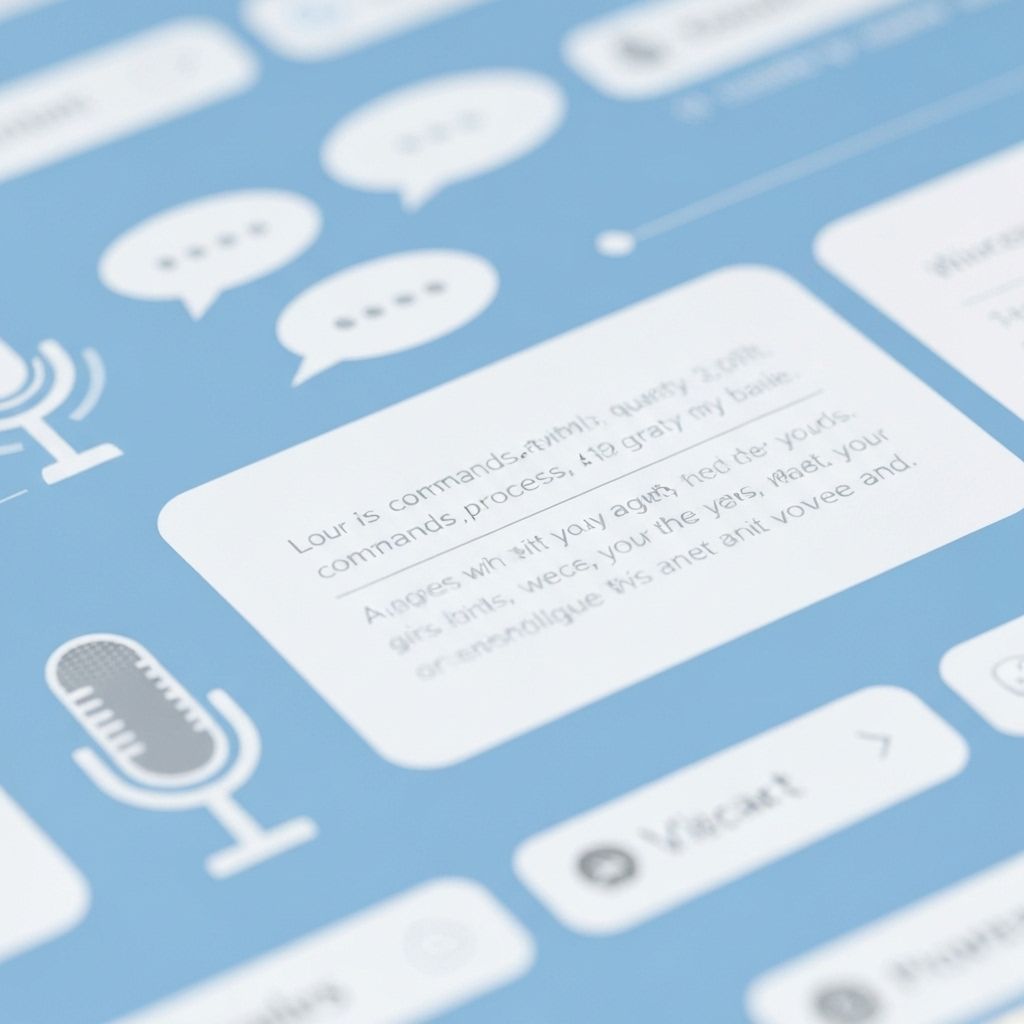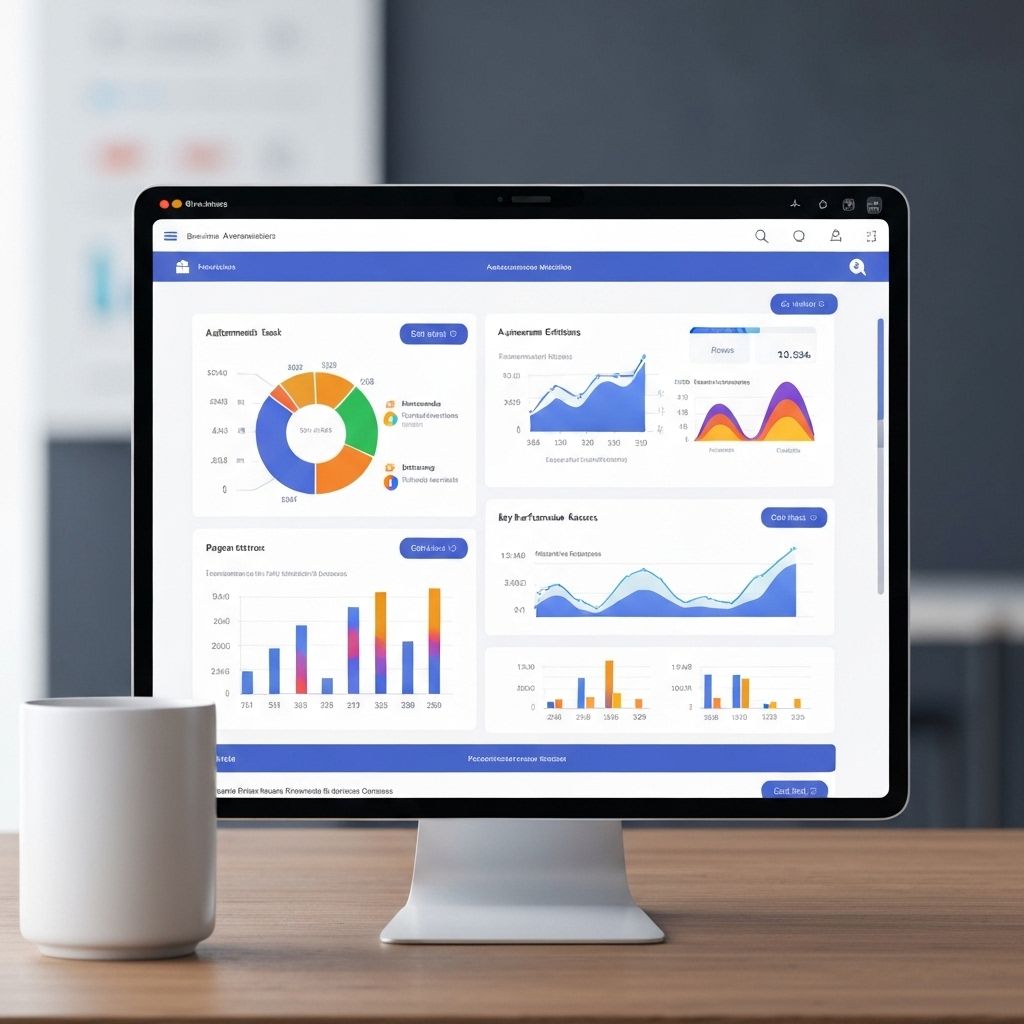# Building a Brand That Never Sleeps: The Always-On Strategy
Your competitors are automating. While you sleep, they're responding to leads, nurturing customers, and closing deals. The always-on brand isn't a luxury anymore—it's table stakes.
## What "Always-On" Really Means
An always-on brand doesn't just mean having a website that's accessible 24/7. It means having intelligent systems that:
- Respond to customer inquiries instantly
- Qualify and nurture leads automatically
- Deliver personalized content at scale
- Maintain brand consistency across every touchpoint
It's about building a brand that operates with the same intelligence and consistency at 3 AM as it does at 3 PM.
## The Three Pillars of Always-On Brands
### 1. Intelligent Communication
Your brand should be able to have meaningful conversations with customers at any time. That means:
- AI voice agents that handle calls 24/7
- Automated email sequences that feel personal
- SMS systems that respond instantly
### 2. Automated Personalization
Every customer interaction should feel tailored to them. Use data to:
- Deliver relevant content based on behavior
- Customize offers based on preferences
- Adjust messaging based on engagement
### 3. Systematic Follow-Up
The fortune is in the follow-up, but most businesses fail here. Automated systems ensure:
- No lead falls through the cracks
- Every customer gets consistent touchpoints
- Follow-up happens at optimal times
## The Competitive Advantage
Here's what happens when you build an always-on brand:
**You capture leads your competitors miss.** When someone visits your site at midnight, your systems are ready to engage.
**You close deals faster.** Instant responses and consistent follow-up accelerate the sales cycle.
**You scale without adding headcount.** Your systems handle growth without proportional cost increases.
## How to Get Started
Building an always-on brand doesn't happen overnight. Start with:
1. **Audit your current systems**: Where are leads falling through the cracks?
2. **Identify high-impact automation**: What manual tasks are costing you the most?
3. **Implement systematically**: Start with one system, perfect it, then expand
## The Bottom Line
Your competitors are building always-on brands. The question isn't whether you should automate—it's how quickly you can implement systems that work while you sleep.
The brands that win in the next decade will be the ones that operate with perfect consistency, 24/7. Are you building that brand?


